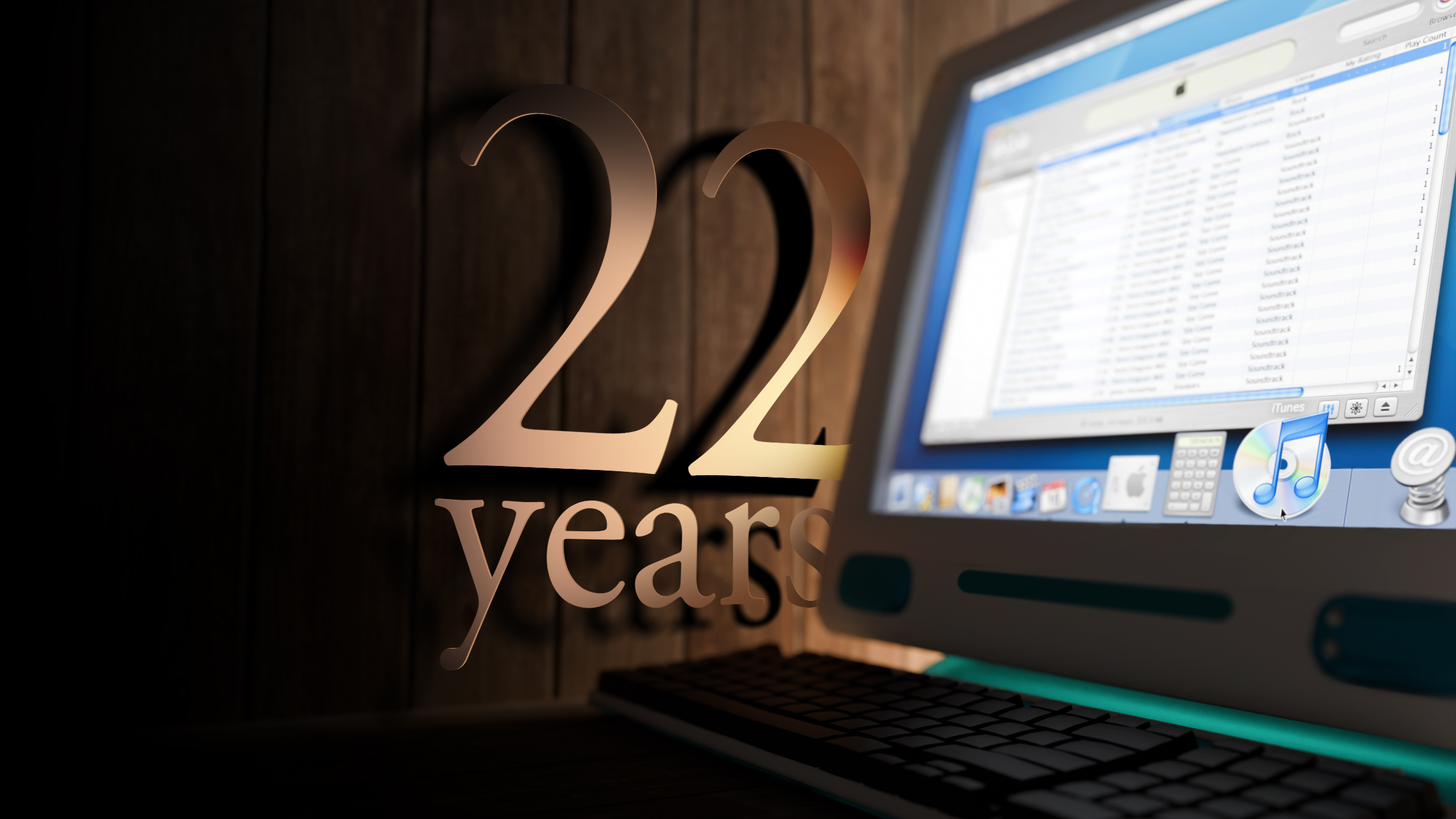It's Been 22 Years Since Apple Launched the iTunes Store
22 Years of the iTunes Store: A Look Back at Apple's Digital Music Revolution
On April 28, 2003, Apple launched the iTunes Store, a groundbreaking platform that revolutionized how we consume music. While the iTunes Store as we once knew it is no longer around, its 22-year history is a significant chapter in Apple's story and the broader digital music landscape. This article explores the iTunes Store's journey, from its early success to the rise of streaming music and its eventual transformation.

The Early Days of the iTunes Store
Initially, the iTunes Store was exclusively for Mac users. However, recognizing the potential for wider adoption, Apple quickly expanded its reach to Windows PCs before the end of 2003. This cross-platform compatibility was crucial to its early success. At its launch, the iTunes Store provided a seamless way to purchase and download music directly to the then-revolutionary iPod. Apple CEO Steve Jobs secured deals with major record labels, ensuring a vast library of music was available from the get-go.
The public's response to the iTunes Store was overwhelmingly positive. In its first 18 hours, Apple sold an impressive 275,000 tracks, each priced at a reasonable $0.99. This momentum continued, with Apple selling one million songs within a week and two million within two weeks. The iTunes Store's early success cemented its position as a major force in the music industry.
The iTunes Store's dominance continued to grow. By 2008, just five years after its launch, it became the largest music vendor in the United States. This achievement was followed by global dominance in 2010, with the iTunes Store generating over a billion dollars in revenue, solidifying its position as a leader in digital music distribution.
Pricing and Promotions in the iTunes Store
The standard price for a song on the iTunes Store was $0.99 in the United States, although some tracks were priced slightly higher at $1.29. Albums typically cost $9.99, although record labels had the flexibility to set higher prices for certain releases. To further engage users and encourage music discovery, Apple regularly offered promotions, including weekly free song downloads.
Beyond Music: The Expanding Role of the iTunes Store
Before the launch of the App Store in 2008, the iTunes Store also served as a platform for distributing applications. Similarly, it housed digital books before the introduction of the iBooks Store. The iTunes Store also played a vital role in distributing other forms of digital media, including podcasts, TV shows, and movies, becoming a central hub for digital content consumption.
The Rise of Streaming and the Shifting Music Landscape
The 2010s witnessed the rise of music streaming services, which significantly impacted music purchasing habits. Early streaming platforms like Rhapsody, Yahoo Music, and Pandora had a limited impact, but the arrival of Spotify in the United States in 2011 marked a turning point. The convenience and affordability of on-demand streaming began to reshape the music industry.
In 2014, Beats Music entered the streaming arena and was swiftly acquired by Apple along with the Beats brand. Apple rebranded Beats Music as Apple Music, launching its own Spotify competitor on June 30, 2015. By 2016, the shift towards streaming was undeniable, with digital music sales accounting for only 24 percent of the music industry's revenue, while streaming services generated over 50 percent.
The iTunes Store Today: A Legacy Transformed
While the iTunes Store app remains on the iPhone, it is less prominent on the Mac. It persists as a dedicated section within the Apple Music app, catering to those who still prefer to purchase music. However, its core functions have been largely absorbed by other applications.
With the release of macOS Catalina in 2019, Apple further streamlined its media ecosystem. TV shows and movies were moved to the dedicated TV app, and podcasts found a new home in the Podcasts app. These changes reflected the evolving media landscape and Apple's focus on specialized apps for different content types. The Windows version of iTunes persisted for a while longer, but in 2024, Apple finally released separate Apple Music, Apple TV, and Apple Devices apps for Windows users, marking the end of an era.
This article, "It's Been 22 Years Since Apple Launched the iTunes Store" first appeared on MacRumors.com
Discuss this article in our forums
from MacRumors
-via DynaSage

